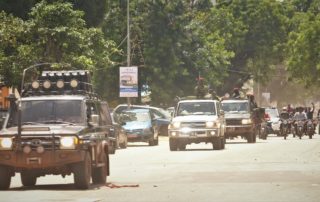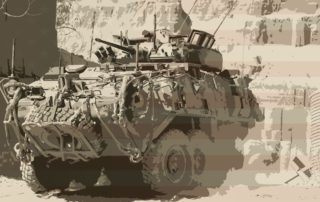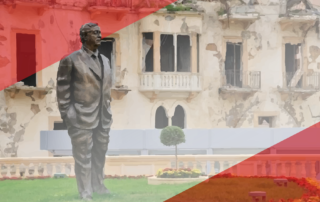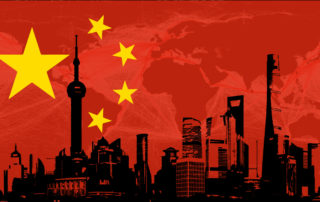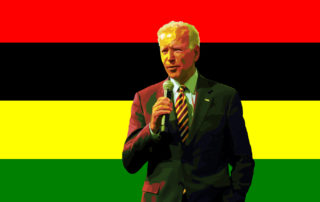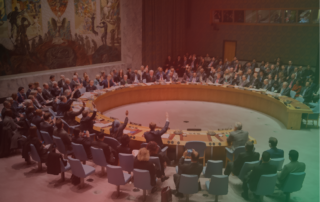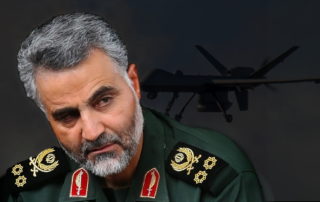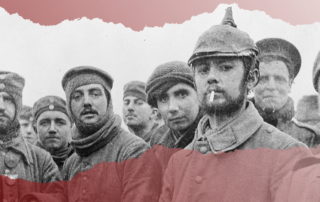The African Union and its Reactions to Three Types of Coups in Guinea, Mali, and Chad
Three different types of coups have occurred in Guinea, Mali, and Chad, and they are worth identifying. These are opportunistic, oligarchic, and sultanistic coups. Opportunistic in the case of Guinea, oligarchic in the case of Mali, and sultanistic in the case of Chad. All of the coups were staged as military takeovers of civilian government, but in different contexts.

